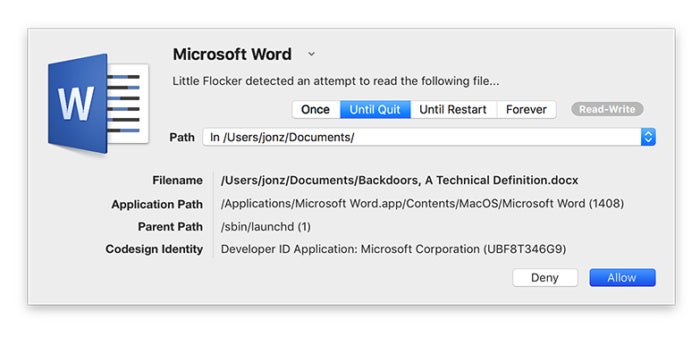

As developers put out new block-based plugins, it should become easier to find the ones you need. This packs a punch with its block-based system, but it’s still missing many options we’d like to see. Born out of a common pet peeves, they have evolved into a big network of people working to keep you safe from malware or spare you the energy of clicking away pop-up ads.If you keep up with the latest WordPress developments, you’ll know that the Block Editor has already landed. To sum everything up, blocklists are a great tool to make surfing the web more enjoyable and stress free. It is usually more important to focus rather on the person behind the curation of the domain list than on the mere size of the list, when choosing a rule group to subscribe to. If such big blocklists are entirely necessary in order to safely traverse the Internet is up for debate. Entire servers are dedicated to lists targeting specific topics with hosts in the hundred thousands.

Lowe’s blocklist by far isn’t the only one out there.

Even some of his friends, who only at a later point put two and two together and realized that Peter Lowe their friend and Peter Lowe their blocklist provider are the same person. The reputation of his blocklist is based in this meticulousness. But I look at each one myself and research them.”, he says. “Mine isn’t the most comprehensive list out there. As the years went on, he kept adding more hosts to his list and so his blocklist was born. In his excitement about this newfound way of avoiding ads, he shared his findings on a webpage. He found an easy way to blackhole certain hosts using a local DNS server, which allowed him to block connections to these sites. “I think I have the claim to the oldest blocklist on the Internet.”, he jokes when asked about the subject. He has been maintaining and updating this list for almost 20 years (as long as we have been working on Little Snitch). However, since rule groups let someone else decide whether to deny or allow certain connections on your computer, it is very important to trust the person monitoring and updating the rule group you are subscribed to.Īn immensely popular blocklist and rule group subscription is Peter Lowe’s blocklist. Whenever changes to the rules are made by the publisher, subscribers receive these changes.” Even though blocklists only take advantage of a subset of the capabilities of this feature, using rule group subscriptions to access blocklists in Little Snitch is probably their most popular kind of use. “Rule groups are sets of rules that anyone can create and publish on their web server for others to subscribe to. When it comes to Little Snitch, blocklists can be utilized with its Rule Group Subscription feature. Whichever your preferences are, it might be worth reflecting on these things, before diving headfirst into the large pool of blocklists out there. Some may be unnecessarily extensive and impact performance or you might prefer to know the person monitoring and updating the list. Are they curated manually or automatically? Is the blocklist monitored by someone you trust or is it an automated service running on a big server? How often are rules updated? And lastly, how big is the blocklist you’re reviewing?Īll of these questions are important to consider when deciding which blocklists to use. In order to critically review the blocklists presented to you, here are a few things to look out for. From servers hosting blocklists, to articles telling you which are the best ones, it can be overwhelming to choose which blocklist to use. An insurmountable amount to sift through. When googling the term “blocklist” millions of results (literally eight million results) are presented to you. So, the real question isn’t whether you should use them, but how you should use them. Useful for data and privacy protection or simply for minimizing the amount of ads you are shown, blocklists are an effective tool to navigate the web more securely and safely.

If a blocklist is installed on your computer, connections from your computer to those servers won’t be allowed. But what are they? In short, a blocklist is a database of Internet servers known for spreading spam, malware or unwanted advertisements. Little Snitch Micro Snitch LaunchBar More Products Blog Products Shop Support What are blocklists and why should you use them? SusanneĮveryone has heard of them, blocklists, blacklists, denylists.


 0 kommentar(er)
0 kommentar(er)
